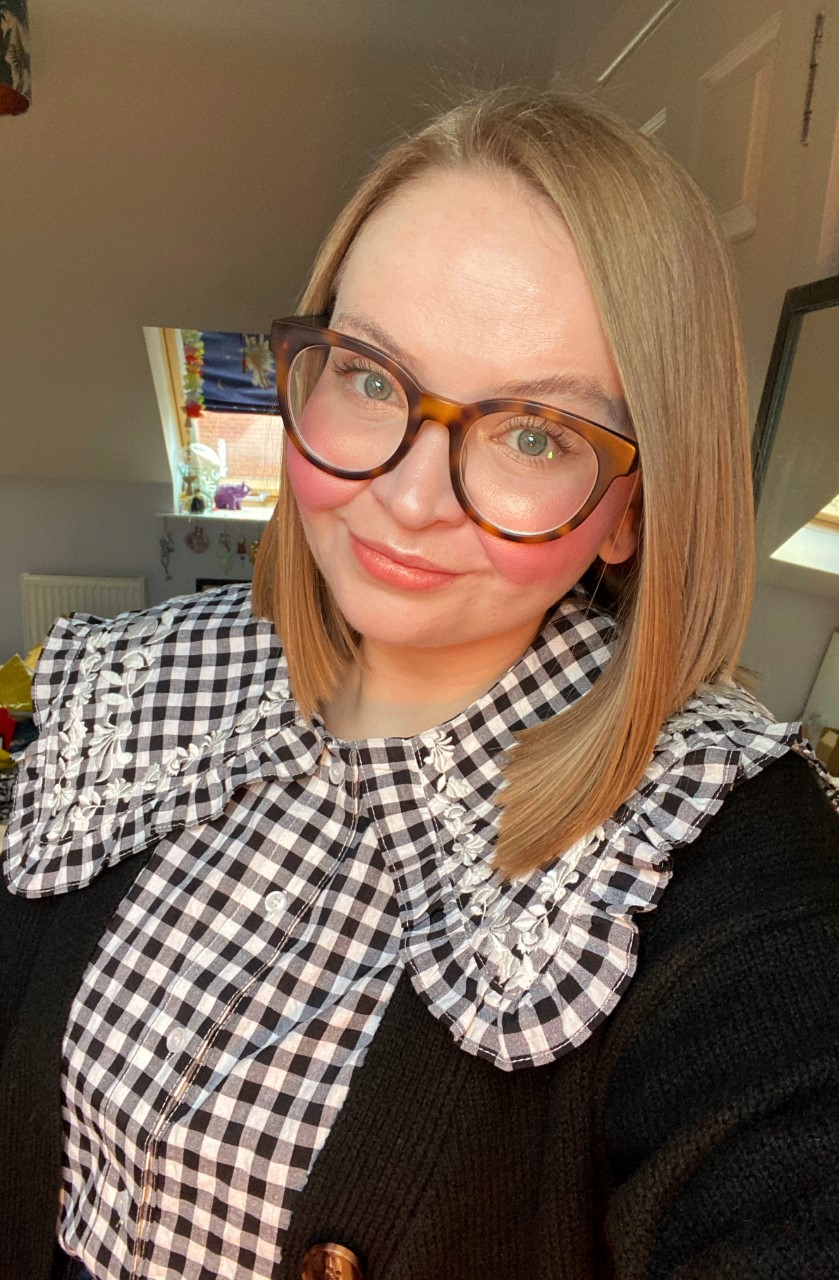

Inspirational Story
Sophie House
What did you study at school and at University?
At college I studied Biology, chemistry, physics and Maths A-levels. I then went on to complete the BSc Diagnostic Radiography degree at The University of Leeds.
Since qualifying I have completed the MSc Advanced Clinical Practitioner (Radiographic Practice) at The University of Bradford
What influenced your choice of profession?
From a young age I envisaged myself one day working in a job that would involve caring for people, although I was not sure in what capacity or role.
For a while at secondary school I had aspiration to be a doctor, however I felt that the long and demanding medical training would be to the detriment of other life ambitions and that achieving a work-life balance would be a challenge.
Careers advice at secondary school and sixth form was limited and there was little education about other possible healthcare careers, in particular allied health professions were not promoted or highlighted.
After completing my A-levels I decided to take a year away from education, to gain some work experience and take time researching which career path I wanted to follow.
During my research I came across diagnostic radiography and felt this would be the perfect fit for me. Having opportunity to care for a range of patients and contribute to their diagnosis and treatment, whilst developing knowledge about anatomy, the human body and imaging technology sparked my interest and aligned with my goals and ambitions.
What were your expectations of the profession?
Prior to starting my diagnostic radiography degree, I was unaware of the potential role and career development opportunities available within the profession.
Completing my undergraduate degree and working as a qualified diagnostic radiographer for the last 8 years has highlighted the crucial role diagnostic imaging has in the care of patients, and the positive impact we can have in peoples’ lives.
Playing a part in the care of patients is a privilege I will never take for granted
Have you had any lightbulb moments during your career?
One of the main things I have learnt during my time as a diagnostic radiographer is that hard work and commitment pays off.
Consistently striving to learn and develop experience is rewarding professionally and also results in better standards of patient care.
What does your current role look like day to day?
I recently started my Trainee Consultant Radiographer role, having completed my master’s degree earlier in the year.
A large proportion of my role is looking at X-ray images on high quality computer monitors, and writing reports outlining the image findings.
I am involved in the education of other radiographers, students and staff from other professions, and provide guidance on all aspects of X-ray imaging including imaging technique and image interpretation.
I help to lead our X-ray reporting service and team, making sure that staff are supported and encouraged to develop to their best potential and that we provide the best possible care to patients.
How did you come to become in the position you are in now?
I have worked within the same X-ray department since qualifying as a diagnostic radiographer in 2014. I have remained committed to my development, and have embraced every opportunity to learn new skills and develop experience.
I returned to university in 2017 and started my training as a reporting radiographer, undertaking postgraduate study to become qualified in image reporting of all X-ray examinations.
In the last few years I have developed my leadership skills and confidence, and have developed my radiographic practice to an advanced level. I completed my master’s degree earlier in the year, and was fortunate enough that a Trainee Consultant Radiographer position arose not long after.
What do you love about your role?
The best thing about my role and career as a diagnostic radiographer is without a doubt the people I encounter, especially the wide range of patients we help. Playing a part in the care of patients is a privilege I will never take for granted
Diagnostic Radiography
Want to learn more about their role, where they can work and how you could train to become a diagnostic radiographer?
Find out more